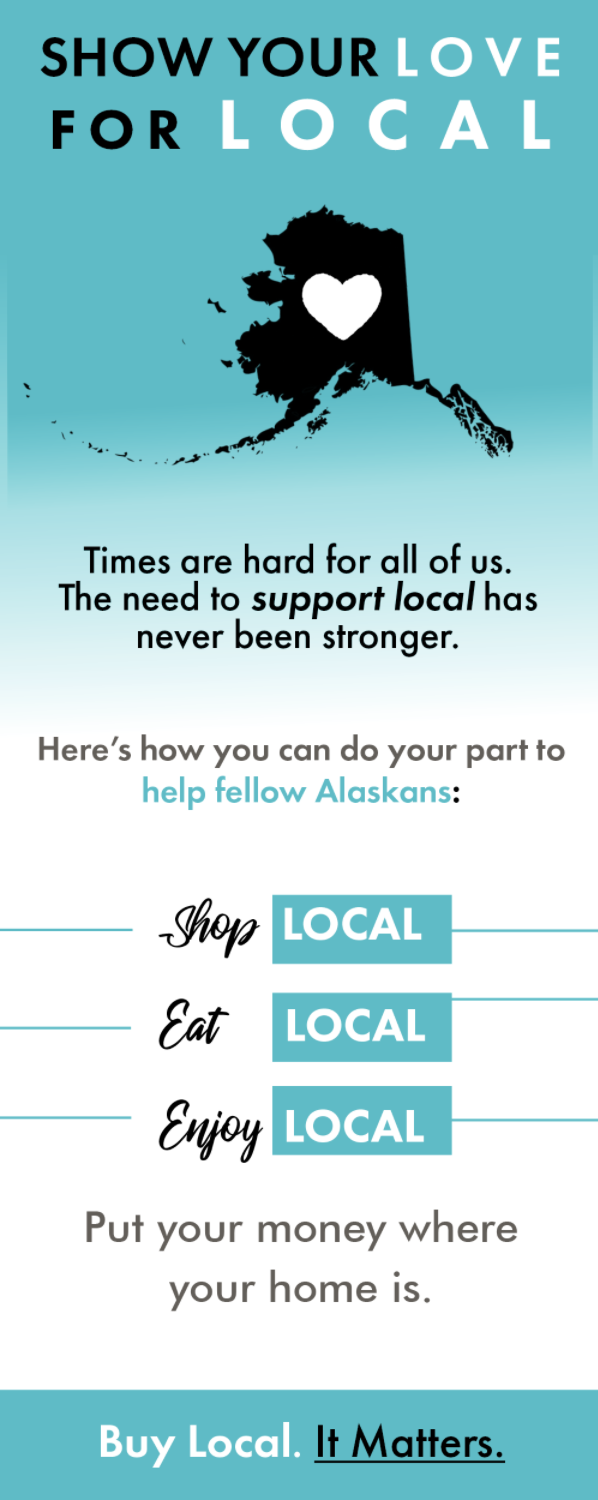
Bringing home baby
A new parent survival guide:
Advice from new moms and dads who’ve been in the
new-baby trenches
By Haley Nelson
It’s no secret: The days and weeks after a baby is born can leave many new parents, moms especially, feeling overwhelmed and exhausted. With a new little person in your life requiring all of your time and attention, you may be wondering: How do I care for my baby’s round-the-clock needs and care for myself, my family and my home? It’s true: That tiny bundle of joy can really turn a house upside down.
So, what’s the secret to surviving – and thriving – during those chaotic days of new parenthood? We asked the real experts – parents who have been there – to share their tips for making the time go as smoothly and joyfully as possible. Here’s what they told us:
lower your expectations
Yes, being a new parent can feel all-consuming. The days may seem incredibly long; the nights incredibly short.
Mom of two, Rachelle Sims, sums it up this way: “For the first couple of weeks, just getting out of my pajamas and squeezing in a shower before 4 pm was a huge accomplishment!”
Instead of trying to keep up with your previous high standards, Sims and other savvy parents suggest cutting yourself some slack in everything from housework to planning meals. Learn to live with more mess than usual, use paper plates for a few weeks, and don’t feel guilty for accepting help.
“I was in this state of mind that I could do it all on my own, so when people offered help, I’d say, ‘No, I’m OK,’” recalls Sims. “Looking back, how silly was that?”
accept any and all help
Put the “I can do it all myself” attitude on hold for this short time and get used to accepting help from family and friends – it will help you rest, which will in turn help you take care of baby.
“When folks asked, ‘What can I do to help?’ I had a list ready,” recalls Lynn Massey. Her list of tasks included dropping off a meal, doing some chores (laundry, dishes, vacuuming, etc.) and babysitting (so she could take a shower or a nap). Lean on your support network to help take care of you, she recommends. A simple request for help on Facebook can result in a flood of support.
Don’t have a family member or friend able to come and save the day? Other possibilities include neighbors who can watch baby while you shower, teens open to making some extra cash running errands or doing yardwork, or a postpartum doula. “One of my baby shower gifts was maid service for a month,” says new mom Ann Thomson. “That was the best gift ever!”
limit visiting
Accepting help is one thing, but don’t feel under pressure to entertain a constant stream of visitors. New mom Sarah Richardson recommends setting limits on visits, even by close family, particularly in the first week or so. “For me, there were too many visits when I first arrived home and it became stressful,” she says, adding that playing host or even making conversation can be too exhausting. Try to block off short visitation times, like 30 or 60 minutes, and “don’t be afraid to tell someone when it’s not a good time,” her husband Paul suggests. “We made it clear that we couldn’t have visitors past 8 pm because that was often when our baby started getting cranky.”
sneak in more sleep
People who say they sleep like a baby usually don’t have one. Chances are your newborn is going to keep you up for most of the night so it’s important to sleep whenever you get the chance, regardless of the time of day.
“Sure, you have an endless list of things to do – but forget about it,” says mom of three Danelle Standler; “your body needs to rest to make up for the lack of sleep.” Some parent-tested strategies include napping when the baby sleeps, swapping shifts with your partner (for instance, taking turns going to bed early or sleeping in), and learning to nurse lying down so you can rest at the same time.
“I have older children to watch, so it was not often the case where I could sleep when the baby was sleeping,” says Standler. “But I could certainly rest with my feet up!” While “resting” is definitely not the same thing as sleeping, it can help rejuvenate your body for a short period.

partner with your partner
New dads can help nurture and bond with newborns, but sometimes need a little encouragement to dive in. “I think a lot of men hold back a bit because they think that a newborn needs mom only,” says Ali Holden. “But now my husband wishes he’d spent more time with our baby in the beginning.”
Sharing the responsibilities in those early days and weeks is a good thing – such as dressing or bathing baby, and taking baby out for a walk or a drive. It’s likely to be a win-win situation for all involved.
An important subject to cover with your partner (even before baby arrives): how you’re going to divvy up baby care and other chores. Standler says that when her first child was born, she just assumed that her husband would know what needed to be done to help her out, but he had no idea what she expected. “It helps to talk about it; otherwise the resentment just builds up,” she says.
But beware of being overly focused on splitting the workload right down the middle – it could cause a rift in the relationship. “My husband and I found that if you keep score (‘I did this, so you do that’), it can get ugly,” notes Standler. “Rather than make it a competition, we had to switch our focus and try to work as a team; we needed to support each other and make sure that the other got enough rest – that helped us stay positive.”
Be alert for signs of the postpartum blues
In the days and weeks after birth, many women struggle with the “baby blues” – a very real and very common experience. Childbirth releases a surge in hormones; add physical exhaustion and the stresses of new motherhood and you have a full-blown emotional rollercoaster. New moms may feel teary, overwhelmed, irritable or impatient. This short-lived period of mild depression affects up to 85 percent of new moms, according to the American College of Obstetricians and Gynecologists (ACOG). Getting over this early hump is crucial for establishing a healthy family dynamic going forward. For about 10 percent of new moms, however, the “baby blues” develop into postpartum depression, which is more serious, according to the ACOG. If not recognized and treated, it can last up to a year or even longer. Contact your health professional if you have symptoms of depression that last longer than two weeks or if you have troubling or dangerous thoughts.
take care of you, too!
With a newborn, you’re giving constantly, and that can really drain your emotional energy. For help, try a little self-care. Whether it’s a leisurely shower or a walk through the bookstore, taking time for yourself will help give you a lift and refill your tank.
It might seem easier to hole up in the house with baby, especially if you just feel worn out, as many mothers do. But nearly all of the mothers we interviewed emphasized the importance of getting outside with baby. To make the long stretch of time seem more manageable, Krystal Hart took short walks with her son, Nick, at least once a day. “Getting out every day for some fresh air and a change of scenery saved my sanity.”
Aside from being a mood booster, going for a walk can also help new moms shed some post-pregnancy weight (improving the mood even more).
talk to other new parents
Connecting with someone who’s going through the same thing can be amazingly helpful, as well as relieve the isolation that many new moms feel. “Just talking to other mothers made me feel so much better,” says Hart. “I’ve seen it happen to many moms – when you’re not engaging with other people outside the house, it can put you in a real funk.”
Moms and tots groups or drop-in centers are great places to strike up friendships with other newbie parents. You can find a group through your pediatrician or hospital. If no group is formally meeting in your area, start your own.
Also, look into public support networks – whether community, government or religious in nature. Many hospitals have support groups for new mothers and fathers, as well.
remember to enjoy that baby
The first few days and weeks with a newborn will be rough, but cherish every minute, says Hart – even if it’s a 3 am feeding.
Her best piece of advice for a brand-new mom: Try to look at the big picture.
“You may hate hearing this (I know I did), but it really won’t be like this forever – things will change,” Hart says. “Those newborn months will pass quickly and believe it or not, you might actually miss it!” she says. “Try not to focus on what’s really hard right now, but rather focus on the fact that you are in the midst of an amazing and miraculous time.”
Before you know it, she says, that first year of parenting will fly by and you’ll be planning your child’s first birthday party – and celebrating the fact that you survived your first year of parenting!








